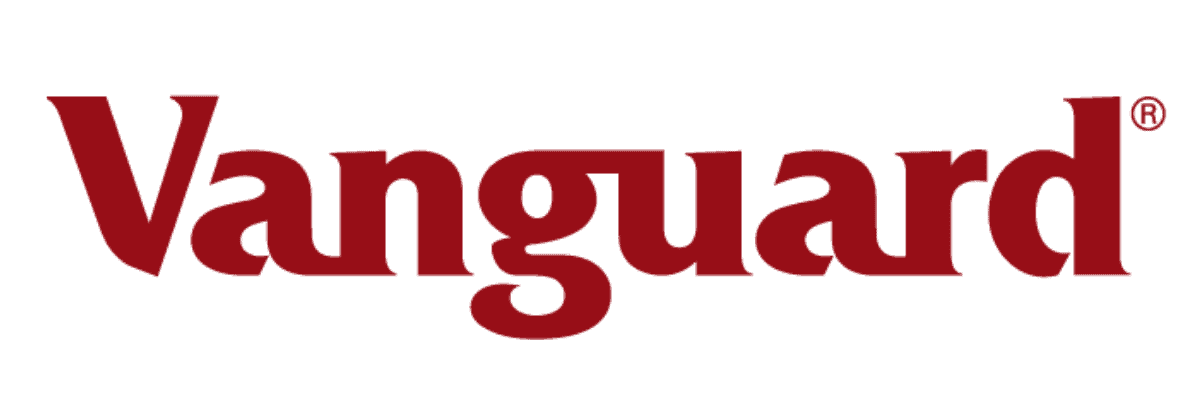Key Features of Vanguard Broker
| Feature | Details |
| Founded | 1975 |
| Regulation | SEC, FINRA |
| Minimum Deposit | $0 for standard accounts |
| Trading Fees | Commission-free for ETFs & mutual funds |
| Available Platforms | Web-based, Mobile App |
| Account Types | Standard, IRA, Roth IRA, 401(k) |
| Best for | Long-term investors, retirement savings |
Vanguard’s emphasis on low-cost investing makes it a strong option for those looking to build wealth over time. However, its lack of advanced trading features and margin trading might be a downside for day traders.
Minimum Deposit and Funding Methods
Vanguard does not require a minimum deposit to open a standard brokerage account, making it accessible for all investors. However, certain mutual funds may have initial investment requirements, typically ranging from $1,000 to $3,000.
Deposit Methods
Users can fund their accounts using various methods:
- Bank Transfers (ACH) – Free and typically processed within 1-2 business days.
- Wire Transfers – Faster, usually completed the same day, but may incur fees.
- Checks – Accepted via mail, but processing can take up to 7 business days.
- Automatic Investments – Users can set up recurring deposits for easier portfolio management.
Withdrawal Process and Timing
Withdrawals from Vanguard accounts are generally processed within 1-3 business days for bank transfers, while wire transfers can be executed within 24 hours. Keep in mind that withdrawal limits and potential fees may apply, depending on the account type.
Vanguard’s simple and transparent deposit/withdrawal system ensures investors can manage their funds efficiently. However, it lacks support for digital payment methods like PayPal or cryptocurrencies, which some modern traders may find restrictive.
Security and Licensing at Vanguard
Vanguard takes security seriously and offers a range of protections to ensure the safety of its users’ funds and data. It is regulated by major financial authorities, including the U.S. Securities and Exchange Commission (SEC) and FINRA, ensuring compliance with all necessary financial laws and regulations. Vanguard’s client assets are protected by the Securities Investor Protection Corporation (SIPC), which covers up to $500,000 in case the firm experiences financial difficulties, with a $250,000 limit for cash claims.
Key Security Features
- Encryption: Vanguard uses industry-standard SSL encryption to secure all sensitive information.
- Two-Factor Authentication (2FA): Available for an extra layer of account protection.
- Account Alerts: Users can set up alerts for account activity, enhancing awareness of any suspicious transactions.
- Account Recovery: A well-established recovery process in case of account access issues, ensuring swift assistance for users.
While Vanguard’s focus on security and regulatory compliance ensures a reliable and safe investing experience, users should always employ strong personal security practices, such as using secure passwords and enabling two-factor authentication.
Trading Platforms Offered by Vanguard
Vanguard offers a streamlined, user-friendly platform for its investors. However, unlike other brokers, it doesn’t support advanced trading software or tools tailored to active day traders. The platforms available include a web-based interface and a mobile app for on-the-go access.
Web-Based Platform
The Vanguard website allows users to manage their accounts, make trades, and access market research. It’s designed with simplicity in mind, catering primarily to long-term investors rather than day traders. Key features include:
- Access to ETFs and mutual funds with real-time data updates.
- Investment tracking tools to manage and review portfolios.
- Basic charting features for market analysis.
Mobile App
The Vanguard app offers similar functionality to the web platform, including the ability to monitor portfolios, execute trades, and access account statements. It is available for both iOS and Android devices, with features like push notifications for market updates and trade confirmations.
While Vanguard’s trading platforms are reliable, they lack advanced trading features such as technical analysis tools or customizable charting options, which may be a limitation for more active traders.
Trading Account Types at Vanguard
Vanguard offers a variety of account types designed to suit different investor needs, from beginners to retirement-focused individuals. Each account has its own set of benefits, and understanding the distinctions is key to selecting the right one for your investment goals.
Types of Accounts Available
- Brokerage Accounts: Standard accounts for general investing, allowing users to buy and sell stocks, ETFs, and mutual funds.
- Roth IRA: A tax-advantaged account where investments grow tax-free, ideal for those looking to save for retirement.
- Traditional IRA: Similar to the Roth IRA, but with tax-deferred growth, which means you don’t pay taxes until you withdraw the funds in retirement.
- 401(k): For employers offering retirement plans, Vanguard provides both individual and company-sponsored 401(k) accounts.
- Joint Accounts: Ideal for couples, allowing joint ownership of investment portfolios, with equal management rights.
Each account type is tailored to specific financial needs. For instance, Roth IRAs are suitable for those who want tax-free growth, while 401(k)s are great for retirement savings with employer contributions. Vanguard’s easy-to-navigate platform makes managing these accounts straightforward, though some investors may find it lacking in flexibility compared to other brokers.
Conclusion: Vanguard Broker Overview
Vanguard continues to stand out in the brokerage world for its commitment to low-cost, long-term investing. While it may not offer the advanced tools and features that more active traders seek, it excels in providing straightforward, commission-free investing options that are ideal for beginners and retirement-focused individuals.
Pros of Vanguard
- Low fees and commissions, ideal for long-term investors.
- Wide range of investment options including ETFs, mutual funds, and retirement accounts.
- Strong regulatory compliance and security measures.
Cons of Vanguard
- Limited trading tools and platforms for active traders.
- No support for digital payment methods like PayPal or cryptocurrencies.
- Higher minimum investment for some mutual funds.
Vanguard remains a top choice for those seeking a straightforward, low-cost approach to investing. However, if you’re looking for more complex trading features or an active day trading experience, you may need to explore other brokers.

